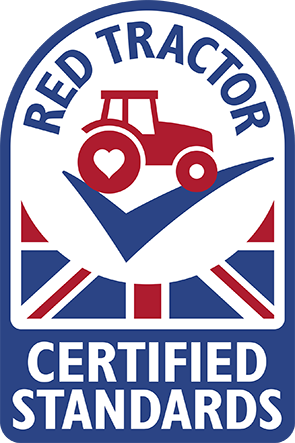The Meat Advisory Panel (MAP) has carried out a survey which it says reveals a lack of understanding on the nutritional value of red meat, causing a knowledge gap that could be detrimental to UK health.
The survey showed that many of those questioned did not realise that red meat is an important source of nutrients, such as iron and vitamin D. Low levels of both of these nutrients are common in the UK, according to MAP.
Just one in six (15%) of those questioned correctly rated red meat as a superior source of iron to spinach, while only 12% correctly listed red meat as a useful source of vitamin D. More than one in five (22%) wrongly asserted that green leafy vegetables provided some vitamin D when, in fact, they contain none.
The MAP said that the lack of understanding related to vitamin D and iron and their sources was concerning. Professor Robert Pickard from MAP said: “This gap in knowledge could have a detrimental impact on our health; a lack of iron can lead to anaemia, while a lack of vitamin D is putting people at risk of bone problems, including osteomalacia in adults.
“We are only just beginning to learn how important vitamin D is for long-term health and there is now good evidence that it may have a role in protecting against common killers such as cancer and heart disease. Our climate means that we often cannot make enough from sunshine and many of us have sub-optimal levels, so it is important we get the most from natural food sources — such as red meat.”
The survey found that only 8% of women — fewer than one in 10 — were aware of their greater need for dietary iron. Almost half (44%) assumed they required the same amount as men and one in five (20%) did not know if there were any gender differences.
Dr Carrie Ruxton, dietitian and MAP member, said: “Red meat is one of the best sources of easily absorbed iron and it is particularly important for women to understand the value of including beef, pork or lamb as a regular part of their diets.
“Low iron levels can lead to a host of niggling health problems, including tiredness, poor concentration, headaches, feeling short of breath, irritability and dizziness. Symptoms are easily overlooked, but other warning signs include pale skin, brittle nails, cracked lips, muscle pain and feeling the cold.”





Comments are closed.